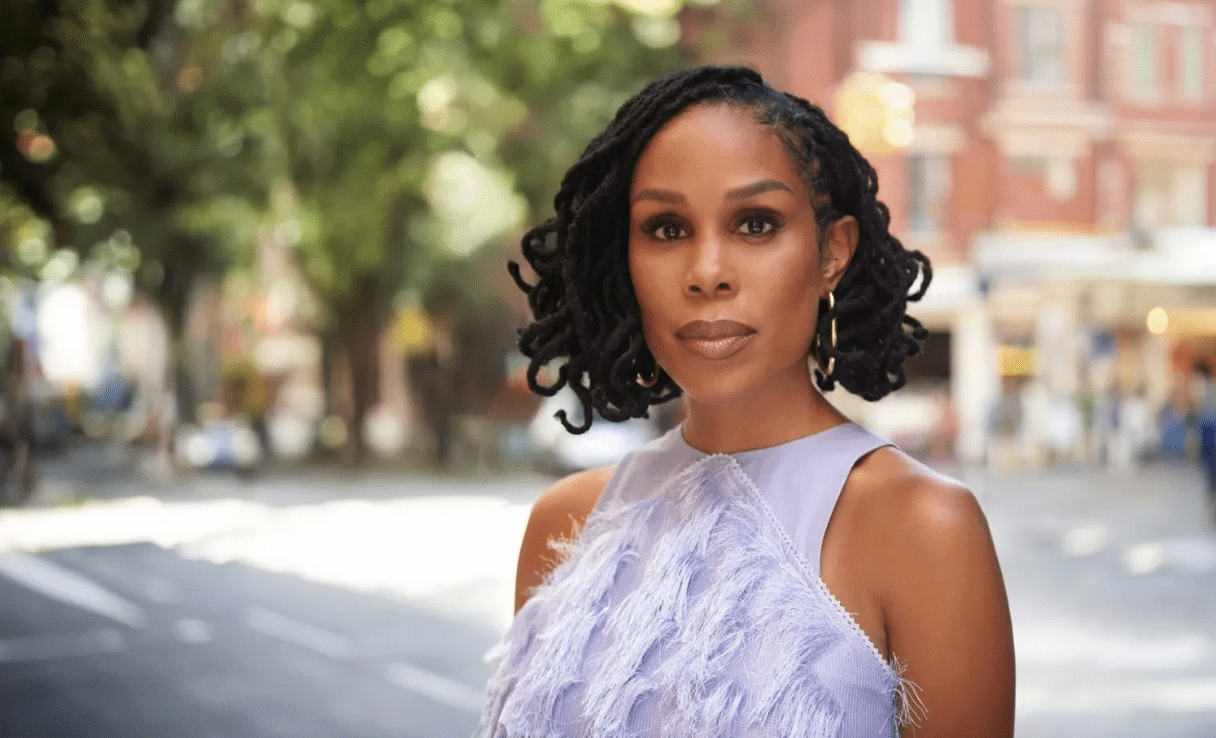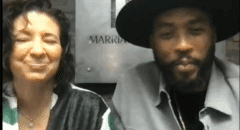
In her powerful book “Legacy: A Black Physician Reckons With Racism in Medicine”, emergency physician and health equity advocate Dr. Uché Blackstock pays tribute to her late mother, Dr. Dale Gloria Blackstock. A Harvard-trained physician and community champion, Dr. Dale Blackstock devoted her life to caring for patients at Kings County Hospital Center in Brooklyn. But her journey—like that of many Black physicians—was one shaped by systemic racism, entrenched barriers, and a healthcare system historically inhospitable to people who look like her.
“When you came for a visit with Dr. Blackstock,” Dr. Uché writes, “you weren’t only having your blood pressure or cholesterol checked—you were meeting with someone who would assess your whole being.” Her mother treated patients with empathy rooted in cultural understanding, often going above and beyond her clinical duties to meet the social and emotional needs of those she served.
Raised by a single mother on public assistance, Dr. Dale Blackstock rose to become the first in her family to attend college, and later, Harvard Medical School, graduating in 1976. Yet despite her brilliance, she often found herself isolated and devalued in elite, predominantly white spaces. “What am I doing here?” she asked herself on her first day at Harvard, surrounded by wealthy white peers from prestigious family legacies. The contrast in lived experiences was stark.
Though she didn’t speak often about overt racism during her training, the microaggressions and exclusions she experienced were undeniable: a professor holding the door for a white male student but letting it slam in her face, being denied access to rest after a night shift to accommodate a white resident, and having a patient refuse care from a Black doctor. “By the time she graduated,” Dr. Uché notes, “she was exhausted—and not just because of the rigor of her schooling.”
But her mother’s story is not just one of overcoming adversity—it’s also a window into the broader structural inequities that Black physicians have faced for more than a century.
The Flexner Report and the Erasure of Black Medical Institutions
One of the most devastating events in the history of Black medical education was the publication of the Flexner Report in 1910—a landmark document that reshaped American medical education but had catastrophic consequences for Black physicians.
Commissioned by the Carnegie Foundation and the American Medical Association, Abraham Flexner assessed all 155 U.S. and Canadian medical schools and promoted broad standardization, with Johns Hopkins touted as the gold standard. While some of Flexner’s recommendations—such as stricter admissions standards, better lab facilities, and scientifically grounded instruction—did raise the bar for medical education, they also made survival impossible for underfunded Black institutions.
Flexner’s report was steeped in racism. He wrote that Black students should be trained in “hygiene rather than surgery” and envisioned them as “sanitarians” serving white communities. “Not only does the negro himself suffer from hookworm and tuberculosis; he communicates them to his white neighbors,” he claimed. Flexner begrudgingly supported some training for Black medical professionals, but only to protect white people, stating: “The negro must be educated not only for his sake, but for ours.”
As a result of his recommendations, five of the seven Black medical schools in the U.S. were shuttered, leaving only Howard University and Meharry Medical College to carry the burden of educating generations of Black physicians.
The Lingering Effects of Systemic Exclusion
Over a century later, in June 2020, amid the COVID-19 pandemic and Black Lives Matter protests, Dr. Uché came across an article estimating that if those five medical schools had remained open and thrived, they might have produced 25,000 to 35,000 more Black physicians. “I remember sobbing as I absorbed the magnitude of those numbers,” she writes.
The absence of those doctors isn’t just academic. Research shows that racial concordance between doctors and patients improves outcomes, trust, and treatment adherence. Black physicians are also more likely to mentor Black students, diversifying the field from the inside out.
The Economic Barriers Still Standing
Another major barrier to medical school for Black students is economic inequality, rooted in the legacy of slavery, Jim Crow laws, redlining, and persistent racism. Black households hold six times less wealth than white households, making the cost of medical education, often topping $250,000, an insurmountable barrier for many.
To address this, full scholarships and grants for Black students, particularly descendants of enslaved people, must become the norm. Special attention must also be paid to Black men, whose rates of medical school matriculation have declined in recent years.
The 2023 Supreme Court decision banning race-conscious admissions threatens to further devastate diversity in medicine. While some schools like the University of California at Davis have managed to maintain a diverse student body under race-neutral policies, most institutions may shy away from more aggressive diversity efforts for fear of legal backlash. The risk is that the ruling could have effects as severe and long-lasting as the Flexner Report.
A Call to Action: Rebuilding the Pipeline
Solving this crisis requires a comprehensive reinvestment in the Black physician pipeline, starting as early as elementary school. That includes:
-
Creating mentoring programs that connect K–12 students with Black health professionals.
-
Offering early clinical exposure and shadowing opportunities.
-
Re-examining admissions criteria, moving beyond test scores to evaluate community service, resilience, and a commitment to underserved populations.
-
Establishing anti-racist learning environments where Black students feel safe, seen, and supported.
-
Listening to students about what they need to succeed—fair grading, culturally competent curricula, and a climate free of racism and bias.
Medical schools must also recognize that their influence extends beyond admissions. Long-term investments in housing, education, and economic development in Black communities are essential to cultivating future applicants.
A Legacy of Perseverance, But Not Without Cost
As a child and young adult, Dr. Uché believed her mother succeeded because of hard work and brilliance. But with time and perspective, she now sees that her mother wasn’t exceptional—she was simply one of the few lucky ones who made it through an unjust system.
This realization deepened when she discovered an essay her mother had written for a book on women in medicine. In it, Dale Blackstock reflected on her experiences and concluded: “In looking back, I believe that many of my negative experiences were as a result of race, not sexism… In this society, race is such a major factor in our actions and policymaking that not to acknowledge it is unrealistic and naive.”
That painful clarity sharpened Dr. Uché’s own understanding: “My mother will always be my role model and idol, but it hurts me to know she had to go through all that she did, to overcome all those barriers. Life should not have been so hard for her. It should not be so hard for anyone.”
A Future Worth Fighting For
Dr. Uché Blackstock’s Legacy is more than a tribute to a remarkable mother. It is a manifesto for change, a reminder of the cost of inaction, and a call to rebuild the systems that have excluded so many. Every Black doctor practicing today is a testament to perseverance, but also a reminder of every doctor who might have been.
It is now our national responsibility to create the future that those lost physicians never had a chance to build.






